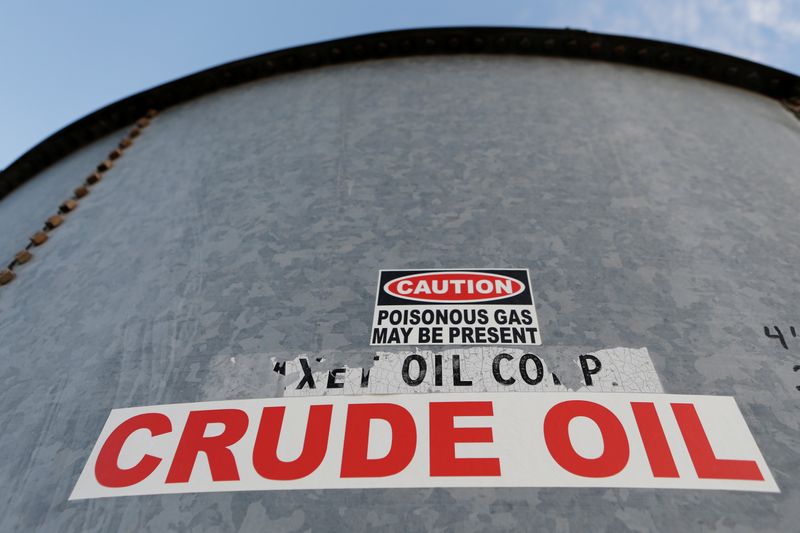By Peter Nurse
Investing.com -- Oil prices traded higher Thursday, continuing the previous session’s positive tone after the European Union laid out plans to end the import of Russian crude and ahead of the latest meeting of top producers.
By 8:45 AM ET (1245 GMT), U.S. crude futures traded 1.3% higher at $109.20 a barrel, while the Brent contract rose 1.5% to $111.84 a barrel. Both benchmarks gained more than $5 a barrel on Wednesday.
U.S. Gasoline RBOB Futures were up 0.5% at $3.6696 a gallon.
The EU proposal, which needs unanimous backing from the 27 countries in the bloc, suggests an embargo on crude in six months as well as a phasing out of imports of refined products by the end of 2022.
“There is the risk of secondary sanctions from the U.S. on Russian oil, which would make it difficult for any country to buy Russian oil,” said analysts at ING, in a note. “Given the tightness in the supply and demand balance, the market would not be able to cope with almost a full loss in Russian oil supply, and so if we were to see this, we would see significantly higher prices.”
This potential additional loss of global supply is unlikely to be made up by the Organisation of Petroleum Exporting Countries and allies such as Russia, a group known as OPEC+, at least in the short term.
The group meets Thursday and is widely expected to agree to another modest monthly increase of 432,000 barrels per day in its production target for June.
“Whilst they may agree to this increase, in practice, the group is unlikely to hit this target. For several months now, OPEC+ members have fallen short of their agreed output levels, with disruptions and a lack of investment in fields weighing on output,” ING added.
This is likely to ensure that the prices remain elevated, given concerns over weaker Chinese demand, as the largest importer of crude struggles to contain its most serious COVID outbreak since the original in late 2019.
Millions have been under strict lockdown in Shanghai, the country’s financial hub, for more than a month, and Beijing is hoping mass testing and the closure of many of its transport systems will isolate the virus before it spreads.
A private-sector survey on Thursday showed China's services sector activity contracted at the second-steepest rate on record in April 2022, suggesting the pandemic measures in place are already having an impact on the country’s economic activity.
The latest U.S. inventory data from the Energy Information Administration, released Wednesday, showed crude stocks were up by 1.2 million barrels last week after more oil was released from strategic reserves.
In the private sector, U.K. oil major Shell (LON:RDSa) reported a record first-quarter profit of $9.13 billion, boosted by higher oil and gas prices, even after writing down $3.9 billion as a result of its decision to exit operations in Russia.
